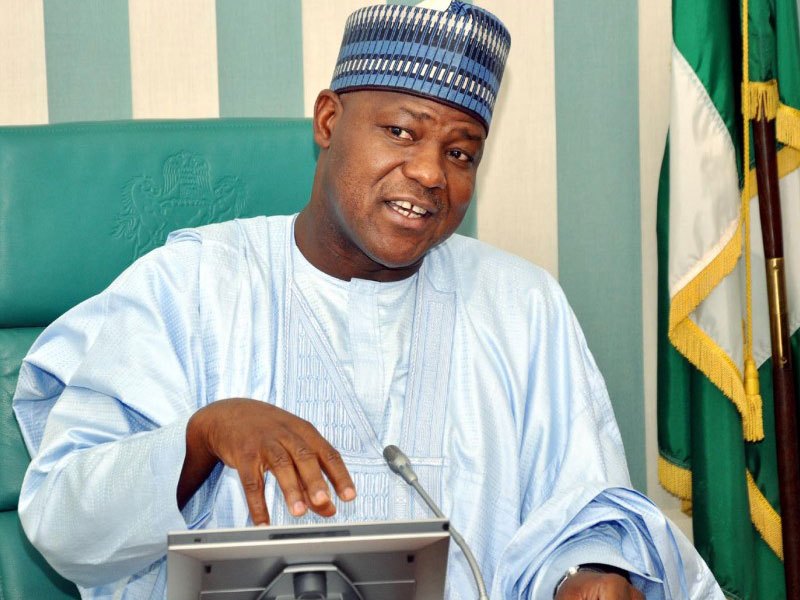Yakubu Dogara, Speaker of the House of Representatives, Tuesday, warned that ignoring its steel sector and depending on importation, Nigeria would end up enriching the Asian country and other countries in Europe and America.
Specifically, Dogara raised alarm over the huge sums of money Nigeria was sinking in China to buy steel, saying it portended danger for the country.
To this end, he called on President Muhammadu Buhari’s government to give priority to steel development in Nigeria, saying it was the bedrock of the development of the country.
Dogara, who spoke at the ongoing 2018 Open NASS Week in the National Assembly, Abuja, regretted that the government was more focused on implementing projects that were dependent on steel such as the Mambilla power project and the Second Niger bridge, among others, by importing steel abroad.
He said, “Point to any nation out there that is industrialised that doesn’t have a robust steel and aluminium sector.
“As we move towards the Mambilla Power Projects, we are utilising millions in tonnes of steel, and if we don’t have a robust steel sector, all the money would go to China, for instance, where we will be importing this steel from.
“The second Niger Bridge is there; it’s going to also consume millions of tonnes of steel. If care is not taken, China will also earn all the money. So what are we doing as a government to ensure this doesn’t happen?
“Without the aluminium and steel sector, there cannot be industrialisation in Nigeria. The President of Ghana was speaking recently before an enlightened audience and he spoke of the need for Ghana to have a steel plant and they are starting soon. So if care is not taken, Nigeria, the giant of Africa, will be importing steel from Ghana.”
Dogara also said government was sloganeering about agricultural development in Nigeria, but harped on the need for provision of mechanised tools and subsidies to farmers for agricultural revolution to work.
He stated, “To be very frank, if we don’t talk of mechanisation and subsidies for farmers, any talk about revolution in agriculture without mechanisation and subsidy is just rendering cheap talk. It will not be competitive and it will not work.
”I’m yet to see any developed country, be it in America or Europe, that doesn’t subsidise farming, and I’m yet to see any country that has completely mechanised its agriculture that doesn’t have a competitive edge against other nations.
“What are we doing in terms of mechanisation of agriculture in Nigeria and giving subsidy to farmers? Because virtually every practice that was there before is still there, you are a farmer and you are looking for loan, forget about anchor borrowers, you might not get the loan.
”I have an orchard which was done about fifteen years ago, they come to your farm and they want to buy your mango for thirty or fifty Naira, yet they turn around and sell the same mango for a hundred and fifty Naira.
“So the problem has always been these middlemen, and it is more profitable in the agricultural value chain to be a middleman than to be a farmer. So how do we encourage the farmers, so we grow what we eat, and we eat what we grow”?
The speaker also identified high interest rates on loans from commercial banks as a poverty trap that discouraged entrepreneurship and encouraged the movement of wealth from the citizens to the corporations.
He noted that the practice would not propel the growth of the economy, stressing that “it’s actually those who employ between ten and thirty people that are really the engine of growth in any nation.”

